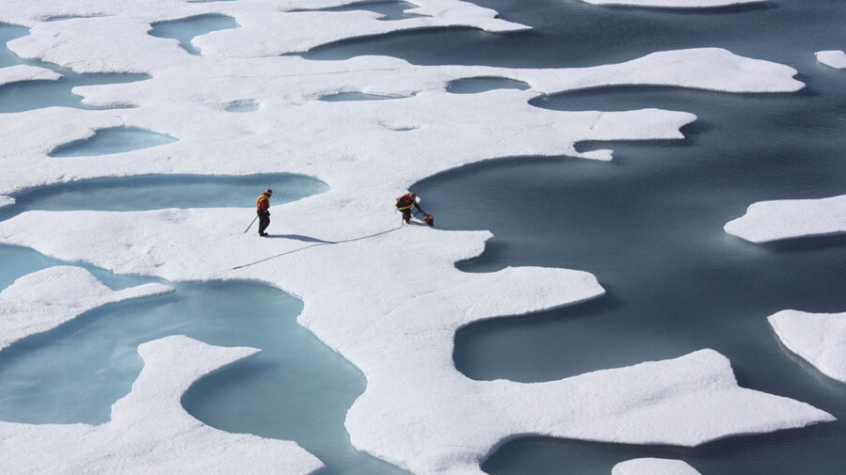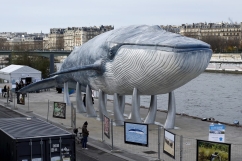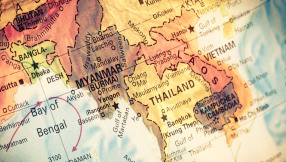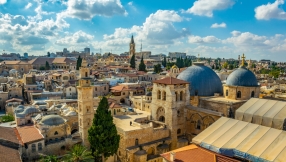
Much has been reported about how global climate change is causing polar ice caps to melt, which results in rising sea levels predicted to inundate entire countries.
A new study conducted by researchers from the Harvard University, however, revealed a quite unexpected result of melting glaciers: the slowing down of the Earth's rotation, which means longer days.
The study, published this week in the journal Science Advances, concluded that shrinking glaciers are affecting the speed of the Earth's rotation and how our planet is tilted on its own axis by redistributing all the once-frozen water around the world.
When the ice caps melt, the water shifts from the poles toward the equator, causing the Earth to have extra girth or a wider midsection. This ultimately leads to a slower rotating planet.
Physics Professor Mathieu Dumberry of the University of Alberta, a co-author of the study, compared the Earth to a spinning figure skater.
He explained to CBC News that a spinning figure skater will slow down his or her circular movement if he or she extends the arms on both sides—much like how the Earth is slightly expanding due to the melting polar ice caps.
In total, the researchers calculated that a day on Earth has already been a millisecond longer over the past century due to this phenomenon.
Dumberry explained that they were able to reach this figure by using the traditional way of identifying changes in the speed of the Earth's rotation: by looking at records of ancient eclipses recorded by civilisations such as the Babylonians.
To make a more conclusive observation, the research team also observed changes in the Earth's magnetic field.
"It's like a hamster in a wheel. The hamster runs in one direction and the wheel [turns] in the other. Earth's core has accelerated," Dumberry explained to CBC News. "It has been moving slightly faster in the past 3,000 years."












